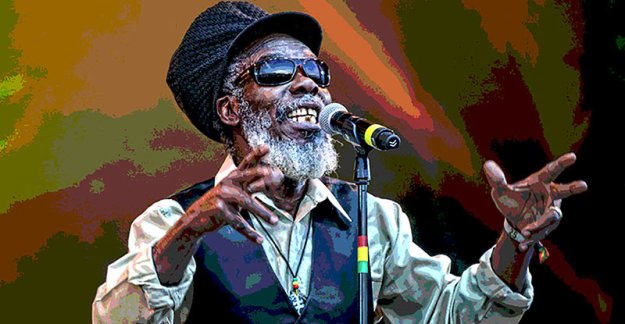 Reggae group the Mighty Diamonds' lead singer Tabby Diamond (née Donald Shaw) was shot and killed in Jamaica in a drive-by attack on March 29. Five people were hit with two dying in the St. Andrew South area. Shaw was 67.
Reggae group the Mighty Diamonds' lead singer Tabby Diamond (née Donald Shaw) was shot and killed in Jamaica in a drive-by attack on March 29. Five people were hit with two dying in the St. Andrew South area. Shaw was 67.
The Mighty Diamonds were founded in 1967, but didn't release their first album until 1976. Their best-known song, 1981's "Pass the Kouchie," is about smoking ganja. One year later, Musical Youth's cover of the song, retitled "Pass the Dutchie," was a No. 10 hit in the US.
 Irradiated cannabis? Yes, it’s a reality. While it may sound scary, industry tells us not to worry. Consumer advocacy groups, however, are raising concerns.
Irradiated cannabis? Yes, it’s a reality. While it may sound scary, industry tells us not to worry. Consumer advocacy groups, however, are raising concerns.
Recent comments
4 weeks 3 days ago
4 weeks 3 days ago
7 weeks 4 days ago
8 weeks 3 days ago
12 weeks 4 days ago
16 weeks 2 days ago
20 weeks 2 days ago
21 weeks 1 day ago
31 weeks 1 day ago
35 weeks 1 day ago